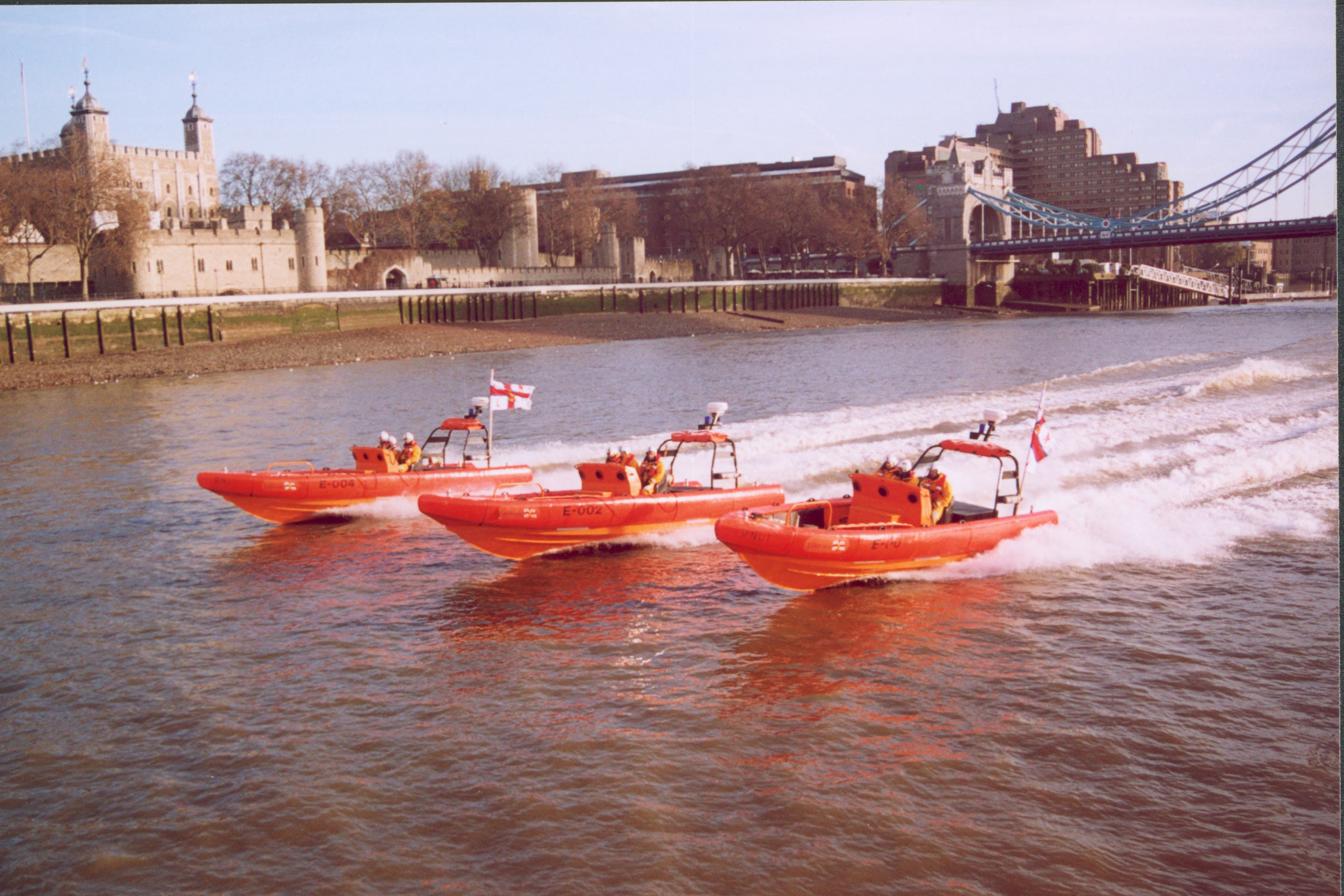Timeline of major events in 200-year history of RNLI
The Royal National Lifeboat Institution was founded in 1824.

Your support helps us to tell the story
From reproductive rights to climate change to Big Tech, The Independent is on the ground when the story is developing. Whether it's investigating the financials of Elon Musk's pro-Trump PAC or producing our latest documentary, 'The A Word', which shines a light on the American women fighting for reproductive rights, we know how important it is to parse out the facts from the messaging.
At such a critical moment in US history, we need reporters on the ground. Your donation allows us to keep sending journalists to speak to both sides of the story.
The Independent is trusted by Americans across the entire political spectrum. And unlike many other quality news outlets, we choose not to lock Americans out of our reporting and analysis with paywalls. We believe quality journalism should be available to everyone, paid for by those who can afford it.
Your support makes all the difference.The Royal National Lifeboat Institution (RNLI) has adapted and undertaken many innovations since it was first founded 200 years ago.
Here is a timeline of major events:
– 1824: The Royal National Institution for the Preservation of Life from Shipwreck is founded by Sir William Hillary. The institution’s first Gold Medal is awarded to Charles Fremantle for his efforts to save the crew of a wrecked brigantine off the coast of Hampshire.
– 1838: Grace Darling and her father, a lighthouse keeper, rescue survivors from the Forfarshire, wrecked on the Farne Islands. The Darlings are awarded RNLI Silver Medals and become national celebrities, focusing public attention on saving lives at sea.
– 1854: The charity’s name is changed to the Royal National Lifeboat Institution (RNLI). Cork lifejackets are issued to crew members for the first time.
– 1861: Whitby lifeboat capsizes and 12 out of 13 crew drown. The sole survivor, Henry Freeman, is the only one wearing a lifejacket.
– 1891: The first RNLI street collection is held in Manchester.
– 1914: As lifeboatmen are called away to the First World War, the average age of crews increases to above 50. During the war years (1914–18), lifeboats are launched 1,808 times and their crews save 5,332 lives.
– 1939: Young lifeboat volunteers are again called away to war. By the end of the Second World War in 1945, RNLI crews have saved 6,376 lives.
– 1940: Nineteen RNLI lifeboats help evacuate Allied troops from Dunkirk.
– 1941: Cromer coxswain Henry Blogg is awarded his third RNLI Gold Medal after going to the aid of a stranded convoy. He remains the RNLI’s most decorated crew member.
– 1963: Inflatable lifeboats are introduced to the RNLI fleet to help deal with the growing number of incidents close to shore. Today’s D class lifeboats are direct descendants.
– 1969: Elizabeth Hostvedt of Atlantic College becomes the first woman qualified to command a lifeboat.
– 1981: The eight crew of the Penlee lifeboat Solomon Browne are lost as they attempt to save those onboard the coaster Union Star.
– 1995: The RNLI’s Sea Safety campaign is launched, with the aim of preventing sea-goers from getting into trouble in the first place.
– 2001: RNLI lifeguards begin patrolling beaches in south-west England. The service is expanded to other areas in the following years. The first inland lifeboat station is established at Enniskillen.
– 2002: Four lifeboat stations are established along the River Thames, following an inquiry into the 1989 Marchioness disaster.
– 2003: Rod MacDonald becomes the first RNLI lifeguard to be awarded an RNLI Medal for Gallantry, for saving a swimmer off Fistral Beach, Newquay.
– 2005: Helm Aileen Jones becomes the first female crew member to be awarded an RNLI Medal for Gallantry.
– 2012: The RNLI’s International programme begins, working with partners worldwide to understand and tackle the global drowning epidemic.
– 2015: The All-weather Lifeboat Centre opens in Poole. The RNLI now builds and maintains its own all-weather lifeboats.
– 2021: The first World Drowning Prevention Day runs on July 25, after UN member states show their commitment to water safety by adopting the UN’s first resolution on drowning prevention.
– 2024: The RNLI’s 200th birthday in which it aims to “commemorate our past, celebrate modern-day lifesavers and inspire a new generation”.